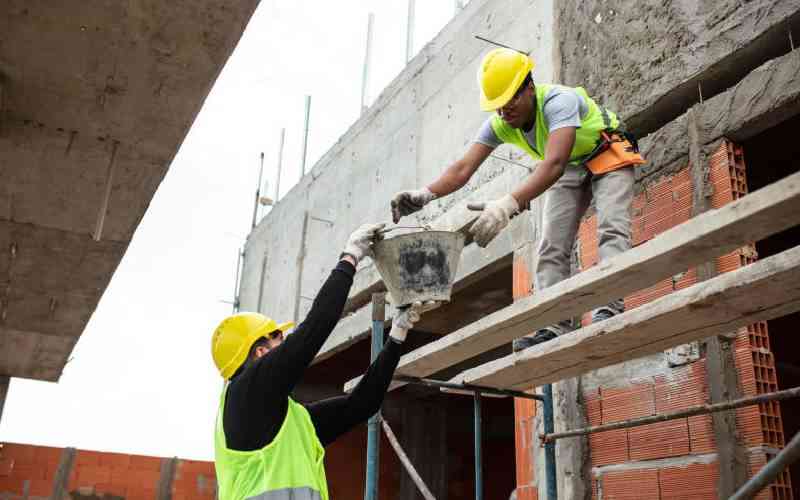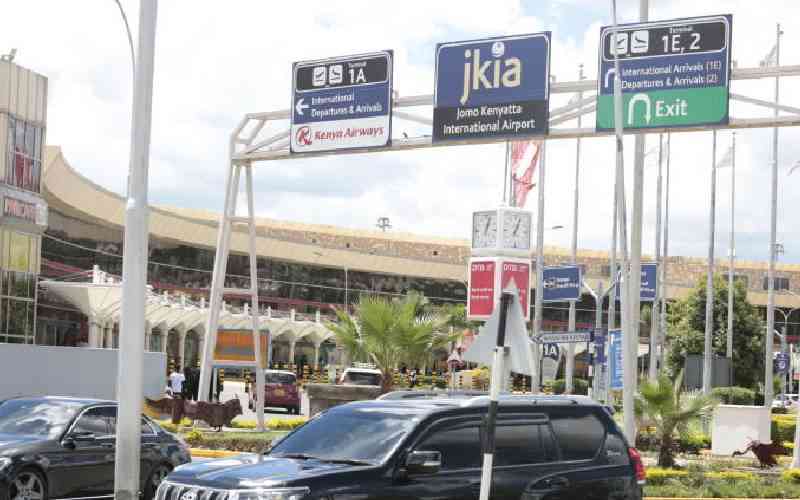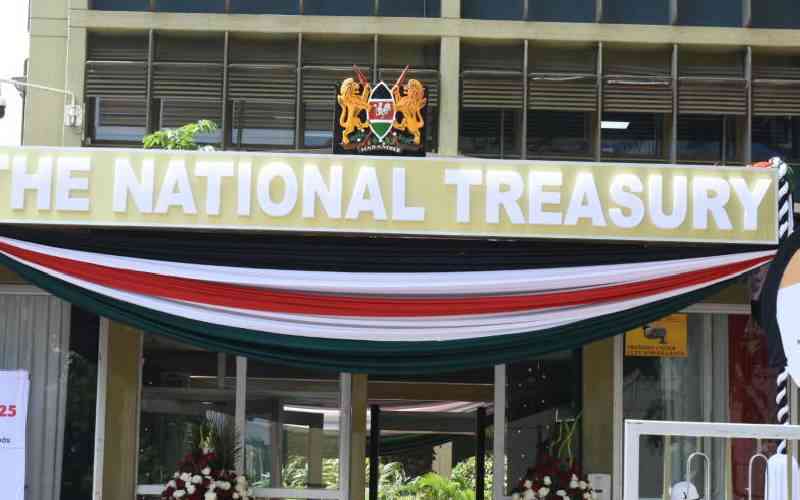
Chapter One of the 2010 Constitution sets the foundation of the country’s governance systems. It states clearly that sovereign power belongs to the people of Kenya and they may exercise their sovereign authority directly or through their democratically elected representatives.
One of the most fundamental decisions where people under the rule of the political system participate directly, is electing their political representatives. If a majority is ordinarily to prevail, what is to constitute a proper majority? A majority of all citizens? A majority of voters? Should a proper majority comprise not individual citizens but certain groups or associations of citizens?







